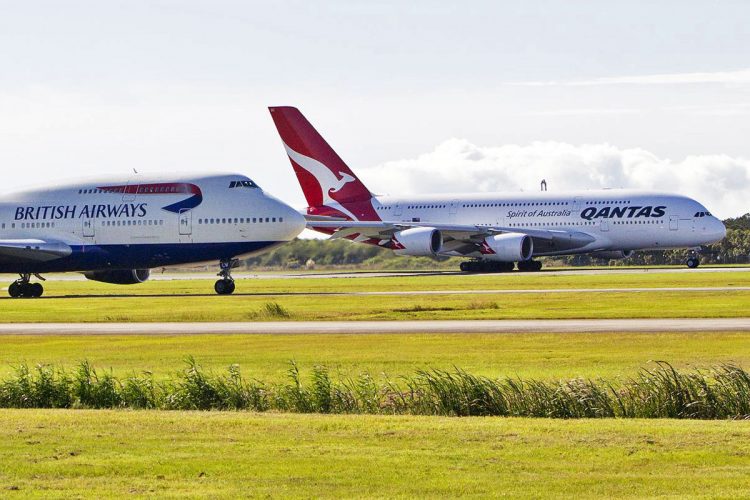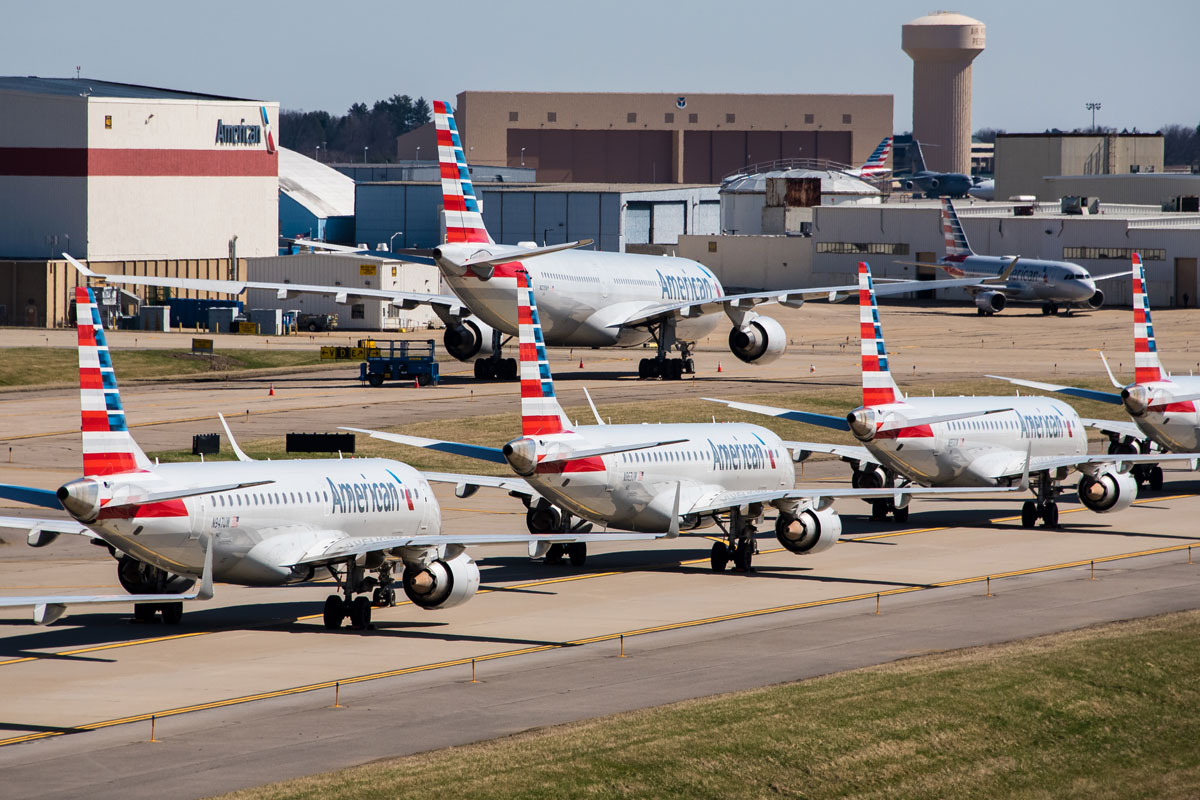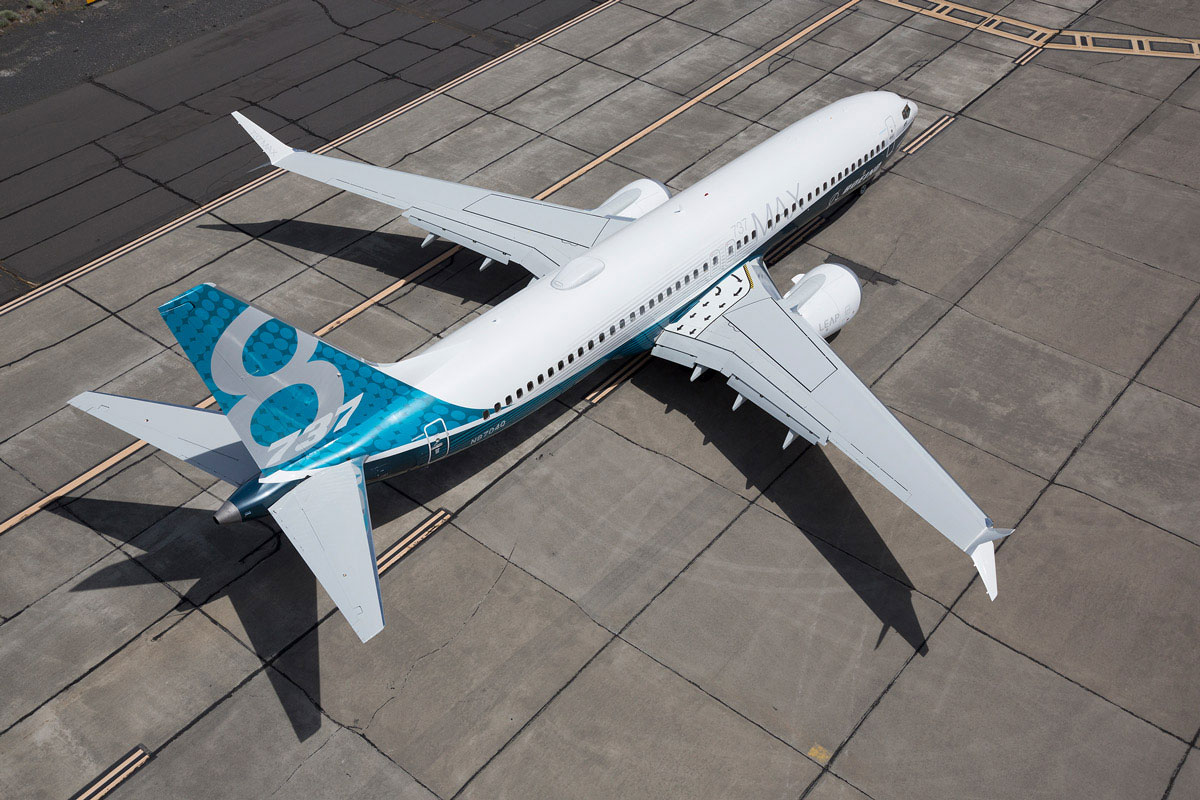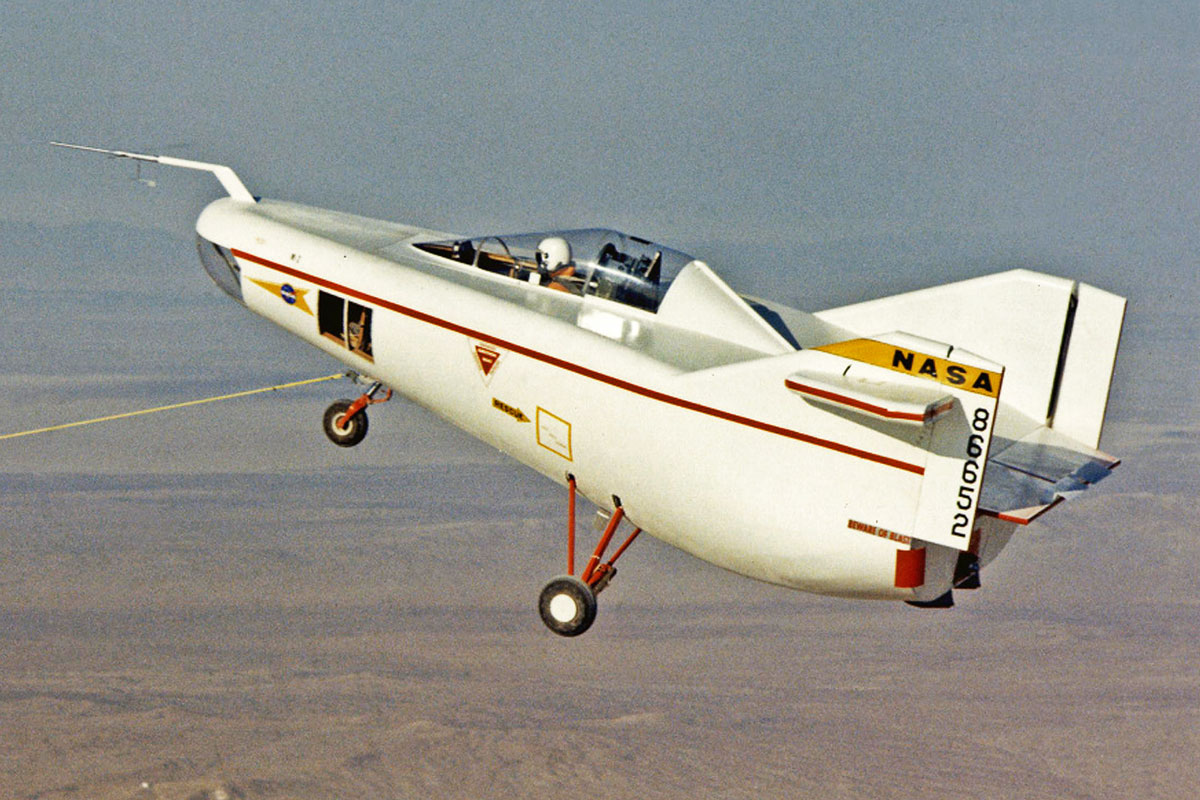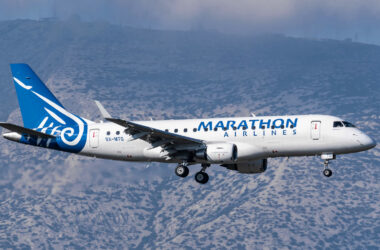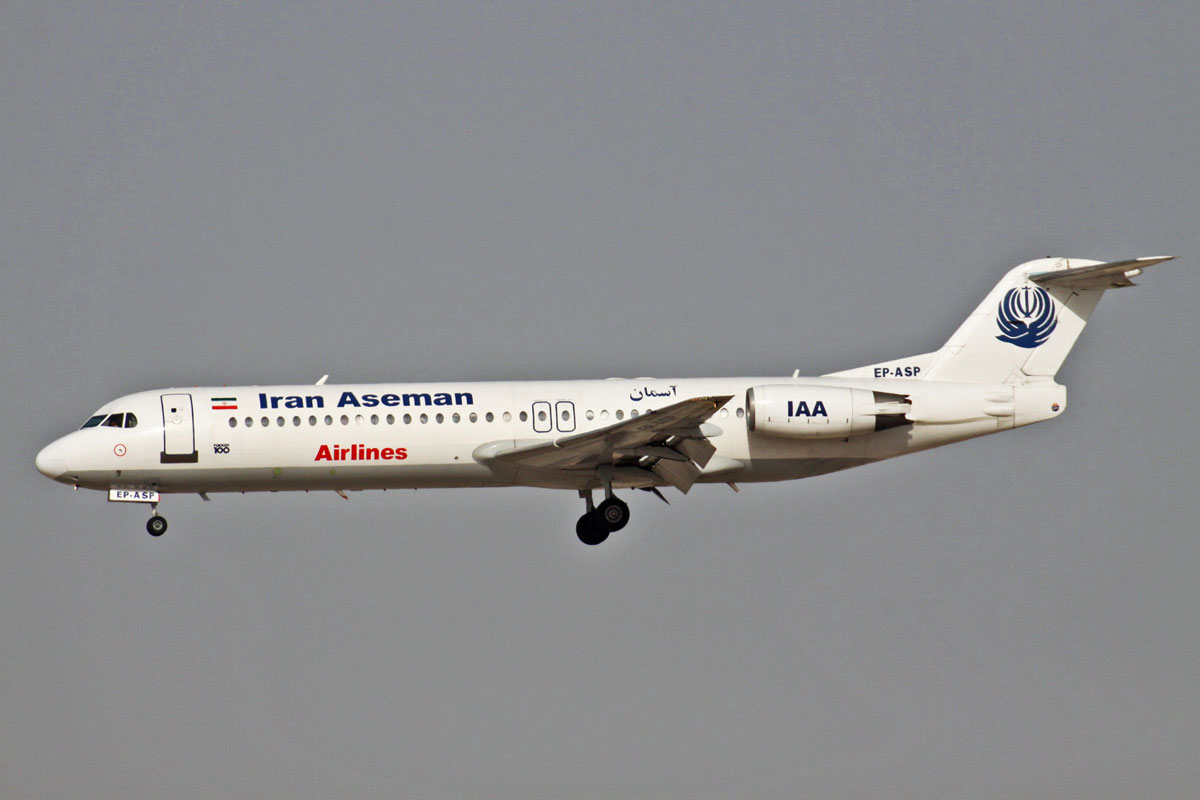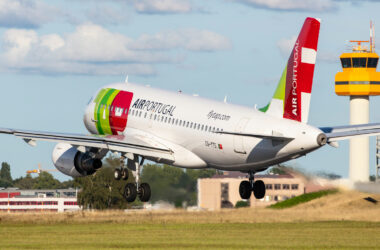On March 30, even before anyone thought, American Airlines took the last flight with a Boeing 767 when repatriating American citizens in Peru. The day before, KLM and Qantas were using their Boeing 747s for the last time, which had just completed flights from Mexico City to Amsterdam and Santiago-Sydney.
In common, these aging aircraft were early retired by the coronavirus. The pandemic, which affects mainly people over 60 years of age, has also anticipated the end of flights with less efficient jets. This movement was already underway, but ended up accelerated in view of the prospect of a gradual return of air traffic in the coming months and years.
In this scenario, most airlines are reducing their fleet, keeping only more economical and modern planes. American Airlines itself has already confirmed that in addition to the 17 767-300 it will remove all its remaining 757 from service, in addition to nine A330-300, 20 Embraer E190 and 76 older Boeing 737-800NG.
Another US airline, Delta is considering removing its MD-88 and MD-90, workhorses of which 73 are still active. United, while it has not yet decided to reduce its fleet in the belief that it will need it when the situation improves, has admitted for the first time that its 757 and 767 can be taken out of service, even recently refurbished and less inefficient aircraft.
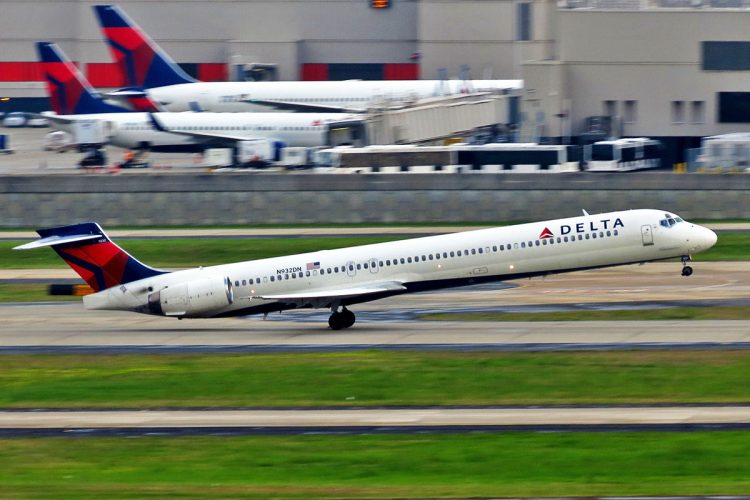
Four-engine jets
In other countries, the preferred victim of the virus is four-engine jets, which are already out of use. In addition to KLM and Qantas, Virgin Atlantic reversed its intention to keep the A340-600 operational until the end of the year and removed the remaining three planes from the fleet.
British Airways itself, which has just suspended most of its 36,000 employees, sent five of its 747-400s to Spain in the past few days, although it has not confirmed the end of operation of the model.
The big question, however, lies in the future of the A380. The biggest commercial jet in history has already started an early retirement process, but for now airlines such as Lufthansa, Emirates and Korean just pull over their aircraft in hopes of a better scenario.
The prospect that the world economy will take a long time to return to normal threatens the viability of keeping these expensive planes active and it will come as no surprise if most of them end up never flying again.
